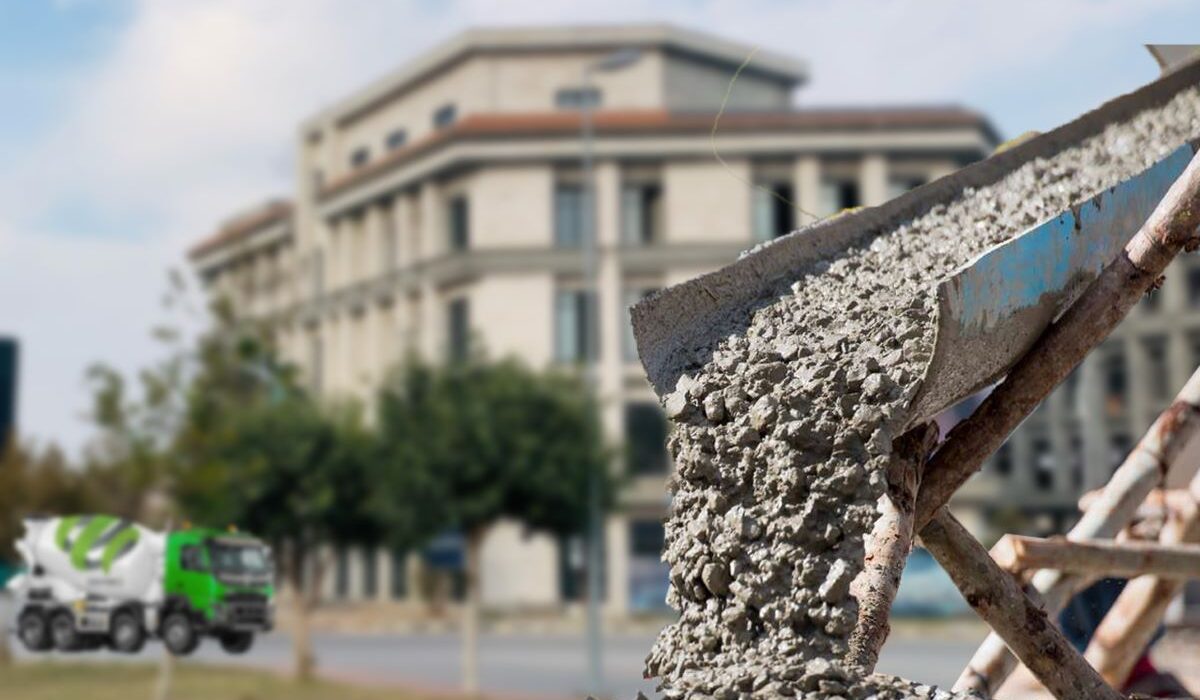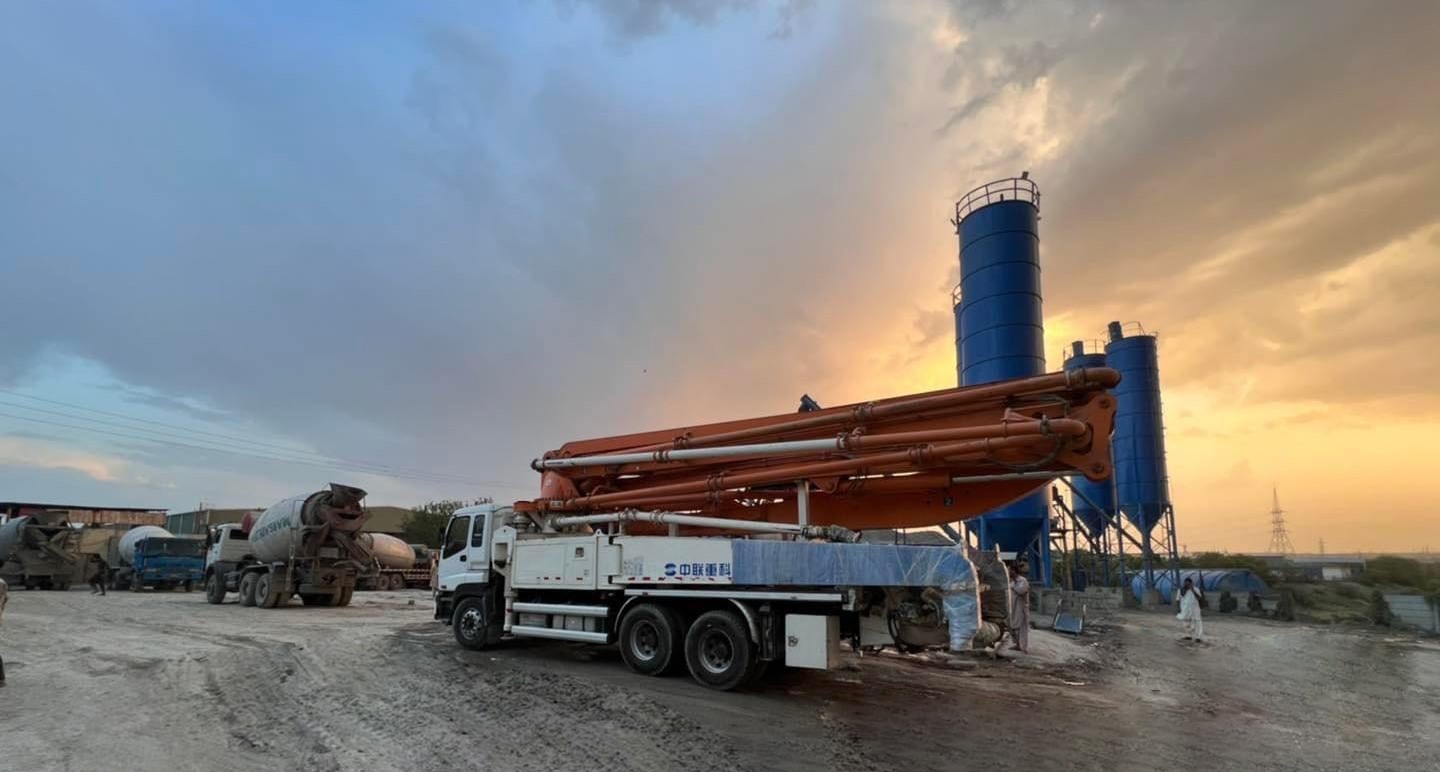Planning and Design Stage
The first and most critical step in any construction project is the planning and design phase. This stage involves conceptualizing the structure and laying down its technical specifications. In Pakistan, most people hire architects and engineers to create detailed architectural drawings, including floor plans, elevations, and structural layouts.
Once the design is complete, approvals from local development authorities, such as the Capital Development Authority (CDA) or Lahore Development Authority (LDA), are required. These authorities ensure that the proposed building follows zoning laws, building codes, and environmental regulations.
Getting the Necessary Permits
The next step in the construction process is obtaining the necessary permits. Depending on the scale of the project, you will need to acquire building permits, NOCs (No Objection Certificates), and approvals from various local bodies like municipal authorities and utility providers.
In major cities like Karachi, Lahore, and Islamabad, navigating the bureaucratic process can take time. It’s important to prepare all necessary documentation, such as architectural drawings, property ownership documents, and proof of tax payments. Hiring a consultant or a legal expert can expedite the permit process, ensuring that the project doesn’t face unnecessary delays.
Site Preparation
After securing the permits, the actual construction begins with site preparation. This involves clearing the land, grading, and laying the foundation. In urban areas, special attention must be paid to utility lines, drainage systems, and existing infrastructure. The type of soil is also analyzed to determine the appropriate foundation for the building.
In many parts of Pakistan, especially in cities like Karachi and Lahore, where land is scarce and expensive, it’s crucial to ensure that the plot is properly measured and free from legal disputes before beginning construction. Engaging a surveyor to ensure accurate boundaries can help avoid problems later in the project.
Foundation and Structural Work
Laying a solid foundation is the backbone of any construction project. In Pakistan, the foundation work generally includes excavation, piling (in some cases), and pouring reinforced concrete to support the structure. This stage sets the groundwork for the building and ensures that it will be stable and durable for years to come.
Once the foundation is laid, the structural work begins. This includes constructing the walls, columns, beams, and roof. In Pakistan, concrete and brick are commonly used materials for residential construction, while steel is often used for commercial and industrial structures. At this stage, it is crucial to follow the structural designs provided by engineers to maintain the integrity and safety of the building.
With the structure in place, the next phase involves installing electrical wiring, plumbing systems, and other utilities like gas pipelines.
Understanding the construction process in Pakistan is key to successfully managing a building project. From planning and obtaining permits to executing the structural work and final finishing, each phase requires careful attention to detail and coordination among various stakeholders. By staying informed about local regulations, engaging qualified professionals, and keeping a close eye on quality control, you can ensure that your construction project proceeds smoothly, on time, and within budget.


